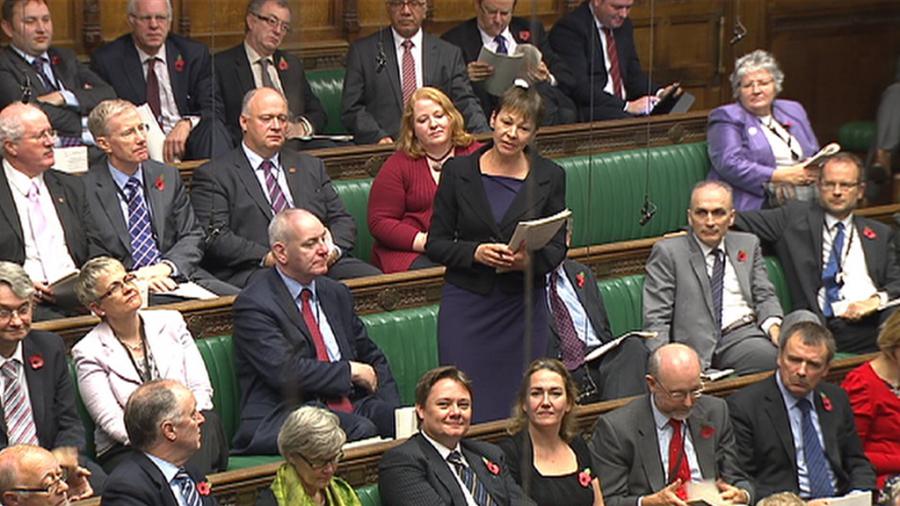To parrot the Prime Minister’s laughable line on austerity – that 'we’re all in this together’ was typical Tory smoke and mirrors. At best, it exposed a Party profoundly out of touch from those it’s meant to serve.
But this was no slapdash Budget. Every word was deliberate, every line determined to point score.
The picture our Chancellor painted was a rosy one indeed – a far cry from the reality faced by millions of Britons, including many of my own constituents in Brighton Pavilion.
We are most certainly not all in this together.
Food bank use has rocketed. Household debt is up. Average real wages are down.* Public services have been brutally slashed.
The Budget did hit some positive notes, including support for my calls to extend small business rate relief, and a proposal to look into tidal energy.
Recently, housing charity Shelter found that a couple with children in Brighton would have to save for almost two decades to afford a deposit for a home – and yesterday, the Chancellor announced a Help to Buy ISA. But, as the National Housing Federation (NHF) noted, the proposal fails to address a root cause of unaffordability – a chronic undersupply of homes, which has driven up prices. It also does little, says the NHF, ‘for those on social housing waiting lists, in temporary accommodation and the homeless – who are victims of an undersupply of affordable housing’.
And the positive noises certainly weren’t enough to drown out the big picture.
Austerity has failed.
In 2010, Osborne expected the Government deficit to be £40bn by 2014. It’s actually £91bn.*
If you want to balance the nation’s books you need to get people into well paid work. Osborne suggests employment’s on the rise. Yes indeed – the number of zero-hour contacts continues to rise. Over 40% of jobs created between 2010 and 2014 were self-employed – but in the last three years their wages have fallen by 22%*, and around 80% live in poverty.
Meanwhile, public sector jobs have suffered unprecedented cuts.
Austerity discriminates.
The wealthiest have got richer. The poorest and most disadvantaged have been systematically targeted through brutal public service and welfare cuts, and pernicious policies (note Bedroom Tax, and the cutting of the Independent Living Fund). Over five years, central government has slashed funding to local authorities by 40 per cent whilst local government responsibilities increase, forcing cuts to vital social and community services.
We need to turn the minimum wage into a Living Wage, invest in growing British industries like the renewables sector. We need to seriously tackle tax avoidance and evasion and we must protect our public services.
It seems there’s (once again) money enough for an eye-watering tax break, at public expense, for multinational North Sea oil and gas companies.
Here’s the truth: climate change threatens everything, even if you're an economist. And, despite government cuts, the renewables industry already supports more than 100,000 jobs. It's estimated that the UK Green economy employs roughly one million. And a nationwide energy efficiency programme could create an additional 108,000 jobs every year between 2020 and 2030.
It means more jobs - but different ones. Retraining workers and redeploying our industrial and manufacturing expertise towards low carbon – which is absolutely crucial to avoid the worst impacts of climate change.
Yesterday Mr Osborne could have shown true political leadership.
Instead we witnessed a squandered opportunity.
If the Chancellor believes his own hype, he’s welcome to come and meet the people at the sharp edge of his cuts – and tell them we’re ‘all in this together.’
*Reports from the NEF
Article first appeared in the Times' 'Redbox' section.




Join The Discussion